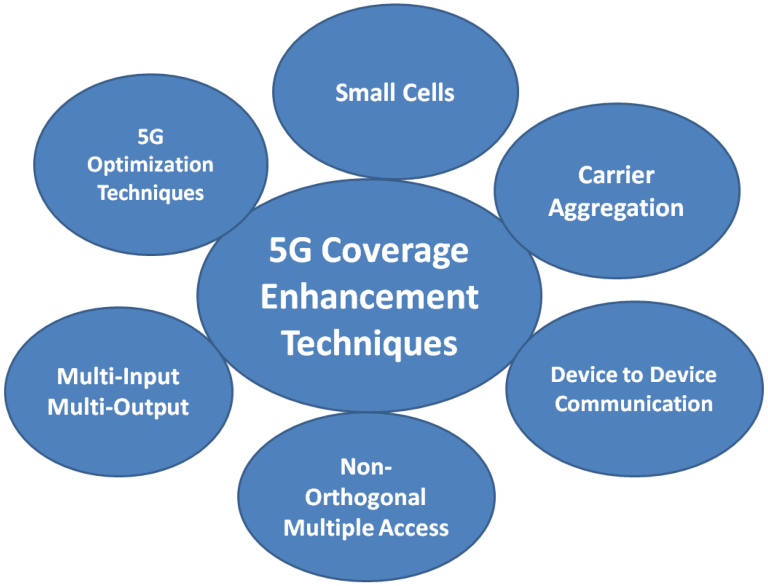Understanding VANC: Voice over LTE with Generic Access Network Controller
telcomatraining.com – With the rapid growth of mobile communication technologies, seamless voice and data connectivity has become a necessity. Voice over LTE (VoLTE) is a breakthrough in this space, offering high-definition voice quality and improved call reliability. However, the integration of VoLTE into existing networks can be challenging. This is where the Generic Access Network Controller (VANC) plays a crucial role.
This article explores VANC, its role in VoLTE, and its significance in optimizing network performance and ensuring uninterrupted voice services.
What is VoLTE?
Voice over LTE (VoLTE) is a technology that allows voice calls to be carried over a 4G LTE network instead of the traditional 2G or 3G networks. It provides several benefits, including:
- High-definition (HD) voice quality
- Faster call setup times
- Better spectrum efficiency
- Simultaneous voice and data usage
Unlike traditional circuit-switched networks, VoLTE relies on packet-switched architecture, making it dependent on efficient network controllers for seamless connectivity.
Understanding VANC: The Role of Generic Access Network Controller
The Generic Access Network Controller (VANC) is a pivotal element in the VoLTE ecosystem. It acts as an intermediary between the LTE core network and external voice or communication services. VANC enhances VoLTE capabilities by offering improved control, integration, and management of voice services across multiple access networks.
Key Functions of VANC
- Seamless Handover
- VANC ensures uninterrupted voice calls when transitioning between LTE and other networks, such as Wi-Fi or 3G.
- Network Optimization
- It enhances call quality and minimizes latency by dynamically managing bandwidth allocation and routing mechanisms.
- Interoperability Management
- VANC facilitates seamless communication between different network infrastructures, making it easier for telecom operators to integrate VoLTE with existing systems.
- Enhanced Security
- By implementing advanced encryption and authentication protocols, VANC strengthens network security and protects user data.
- Load Balancing
- It efficiently distributes network traffic to prevent congestion and ensure smooth service delivery.
Benefits of Implementing VANC in VoLTE Networks
1. Improved Call Quality and Reliability
- By optimizing traffic flow and handovers, VANC enhances voice clarity and reduces call drops.
2. Cost Efficiency for Operators
- Telecom providers can utilize VANC to reduce operational costs while maximizing existing infrastructure efficiency.
3. Seamless Multi-Network Integration
- VANC allows operators to integrate VoLTE with various network technologies, including 2G, 3G, and Wi-Fi, without major modifications.
4. Faster Call Setup and Reduced Latency
- Optimized routing and prioritization lead to reduced connection delays and smoother user experiences.
5. Scalability and Future-Readiness
- As telecom networks evolve toward 5G, VANC provides a scalable framework to support next-generation voice and data services.
Challenges and Considerations in VANC Deployment
Despite its advantages, integrating VANC into VoLTE networks comes with challenges:
- Complex Implementation – Deploying VANC requires careful network planning and infrastructure upgrades.
- Interoperability Issues – Ensuring seamless communication between different network vendors and architectures can be difficult.
- Security Risks – Robust cybersecurity measures must be in place to prevent data breaches and unauthorized access.
- Cost of Deployment – While VANC optimizes costs in the long run, initial deployment and maintenance can be expensive.
Conclusion
The Generic Access Network Controller (VANC) plays a vital role in enhancing VoLTE services by enabling seamless network transitions, optimizing traffic management, and improving overall call quality. As mobile networks continue to advance, the integration of VANC will be crucial in ensuring reliable voice services and preparing for future telecommunications innovations.
Telecom operators looking to optimize their VoLTE networks should consider VANC as a strategic investment, paving the way for enhanced user experiences and operational efficiency. With continuous improvements in network technologies, VANC is set to become a cornerstone in the evolution of voice communication systems worldwide.







